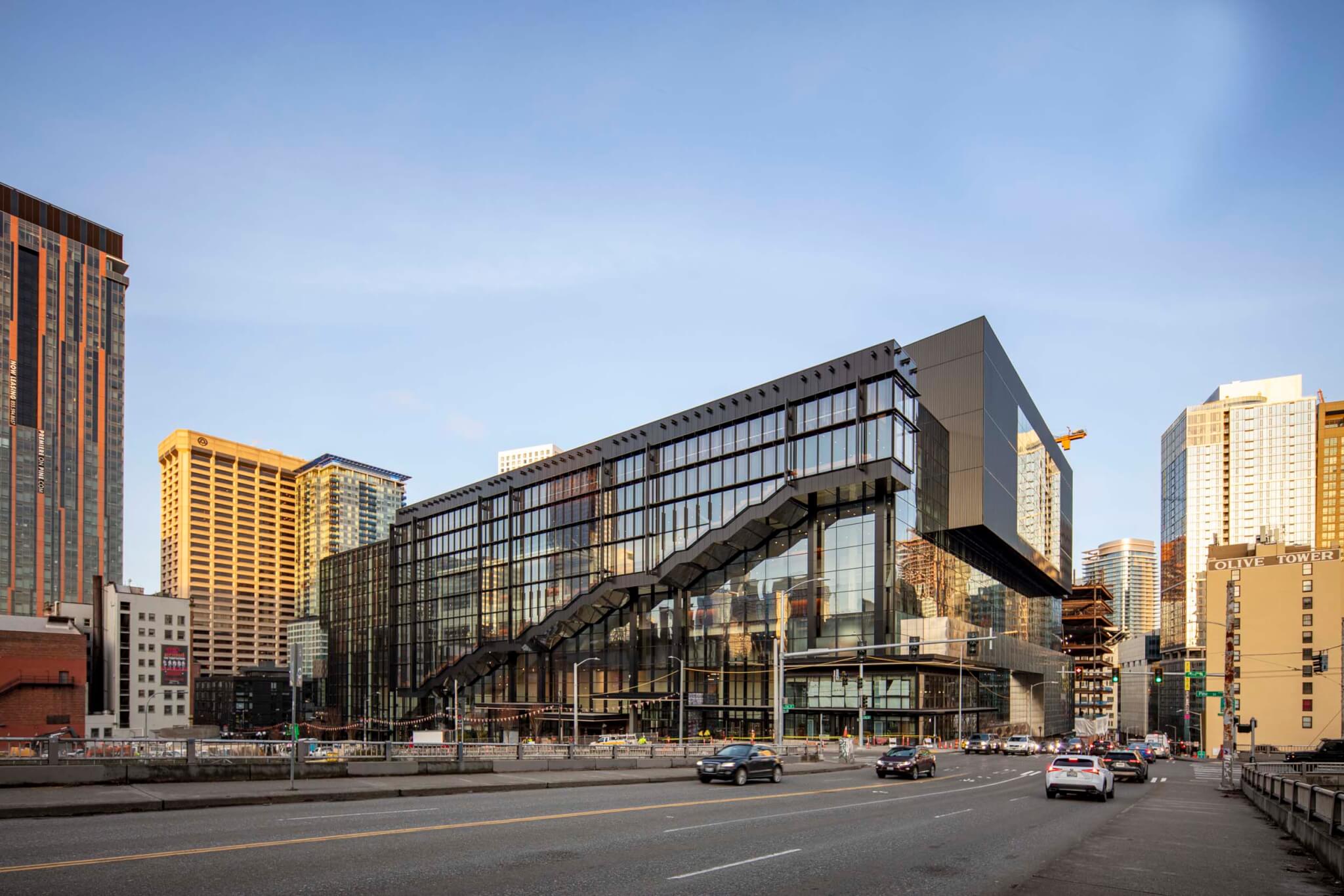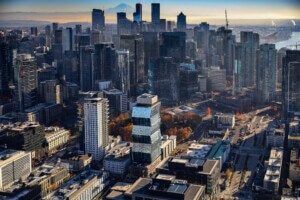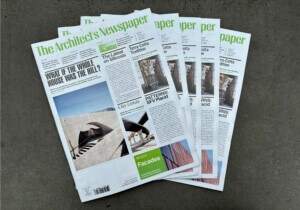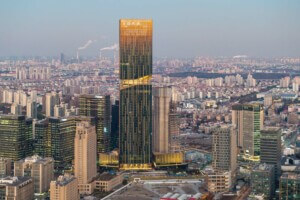The Facades+ conference series will return to Seattle on December 1 for the final event of the year. Co-chaired by LMN Architects, the symposium will feature the most exciting projects in the city as well as two roundtable discussions related to sustainability. During breaks, attendees are encouraged to visit the methods and materials exhibition hall, where they can meet with industry leading building product manufacturers, who can help them specify materials for their next project. Click here to learn more about the event and register.

Reviving the City’s Urban Core: Seattle Convention Center and Aquarium Expansion
LMN Architects will kick off the program with a dual case-study of two important projects the firm is working on in downtown Seattle. The Seattle Convention Center’s Summit building and the Ocean Pavilion expansion of the Seattle Aquarium are united as efforts to revitalize Seattle’s downtown in the post-pandemic era. Attendees will learn about the aquarium pavilion’s timber rainscreen constructed from locally sourced Alaskan Yellow Cedar, as well as the transparent curtain wall system integrating the massive atrium of the convention center with Seattle’s downtown.

Metropole Restored: High Performance Adaptive Reuse
The next presentation highlights an exciting adaptive reuse project in Seattle’s Pioneer Square. Matt Aalfs, founding partner at BuildingWork, will present the firm’s restoration of Metropole, a historic sandstone structure dating back to the 1880s. Aalfs will cover the extensive restoration of the deteriorating facade and present the innovative timber curtain wall system which was designed for the project. Metropole has also been equipped with high performance systems, such as naturally ventilated HVAC and a photovoltaic array, achieving an extremely low energy use index (EUI).
Mitigating Heat in the Built Environment: Cool Facades and Other Strategies
This panel will examine civic responses to the 2021 heat wave in the Pacific Northwest. Given the inevitability of future extreme heat events, Washington state’s King County—including Seattle, Tacoma, and Bellevue—has prepared an Extreme Heat Mitigation Strategy which will go into effect in 2024. Daaniya Iyaz, King County’s Heat Mitigation Strategy Specialist, will share the development of this strategy, describing the challenges posed by the urban heat island effect, and building strategies designed to combat it. She will be joined on stage by Audrey McGarrell, Project Manager for the Cool Roof Rating Council (CRRC), an organization which has developed a thermal rating system for roof and wall systems.
Transforming the Energy Grid: Photovoltaic Facades and On-site Storage
In a roundtable session led by Richard Green, founding principal of Green Facades, experts from the building industry will convene to consider the future of building integrated photovoltaics (BIPV), and alternatives to large regional energy grids. Through on-site power generation and storage, buildings can become independent from the grid, avoiding the externalities of its inefficiencies as well as avoiding the possibility of blackouts or brownouts during peak usage.
Health Sciences Education Building: Opacity and Energy Performance
The symposium will wrap up with a presentation of Miller Hull’s Health Sciences Education Building (HSEB) for the University of Washington. By reducing the project’s glazed area, the architects introduced opacity as a strategy for energy efficiency, reducing the cooling and heating demand of the building. Presenters will also cover the prefabrication of the project’s facade system and the application of electrochromic glazing. The HSEB was included in AN‘s Mass Timber digital issue which you can read here.











